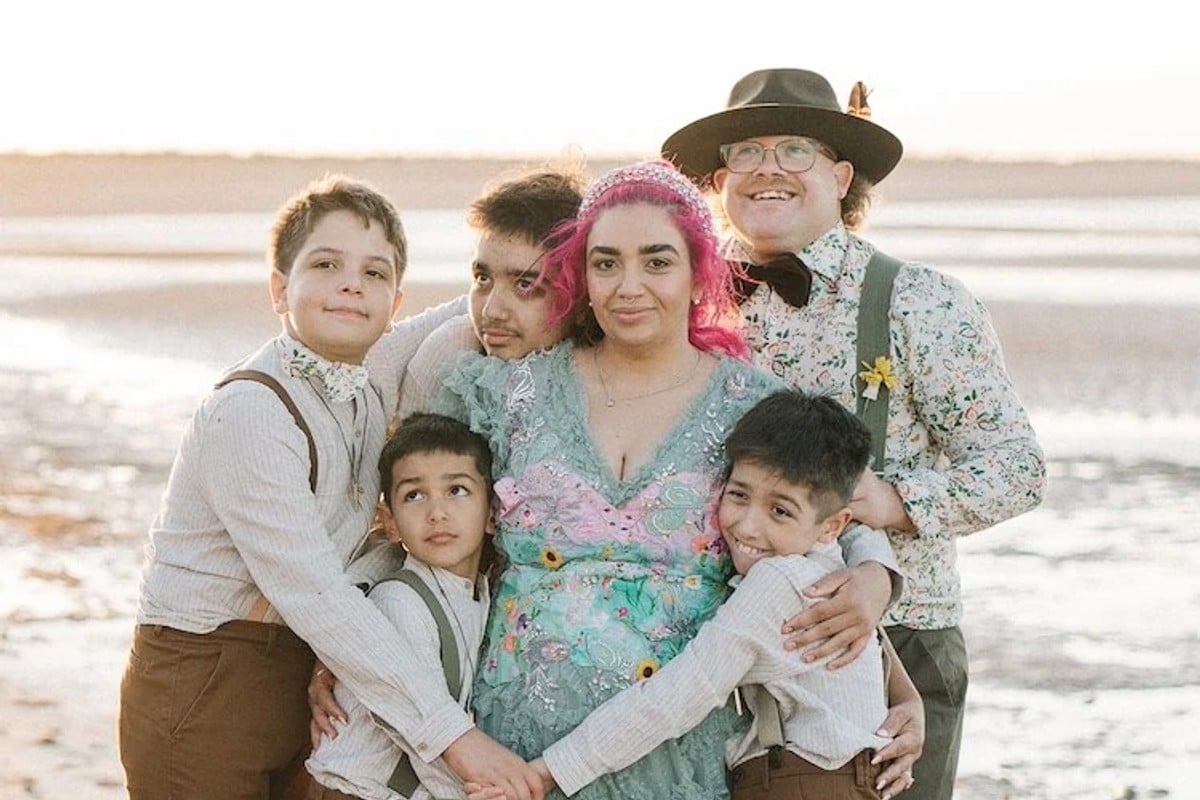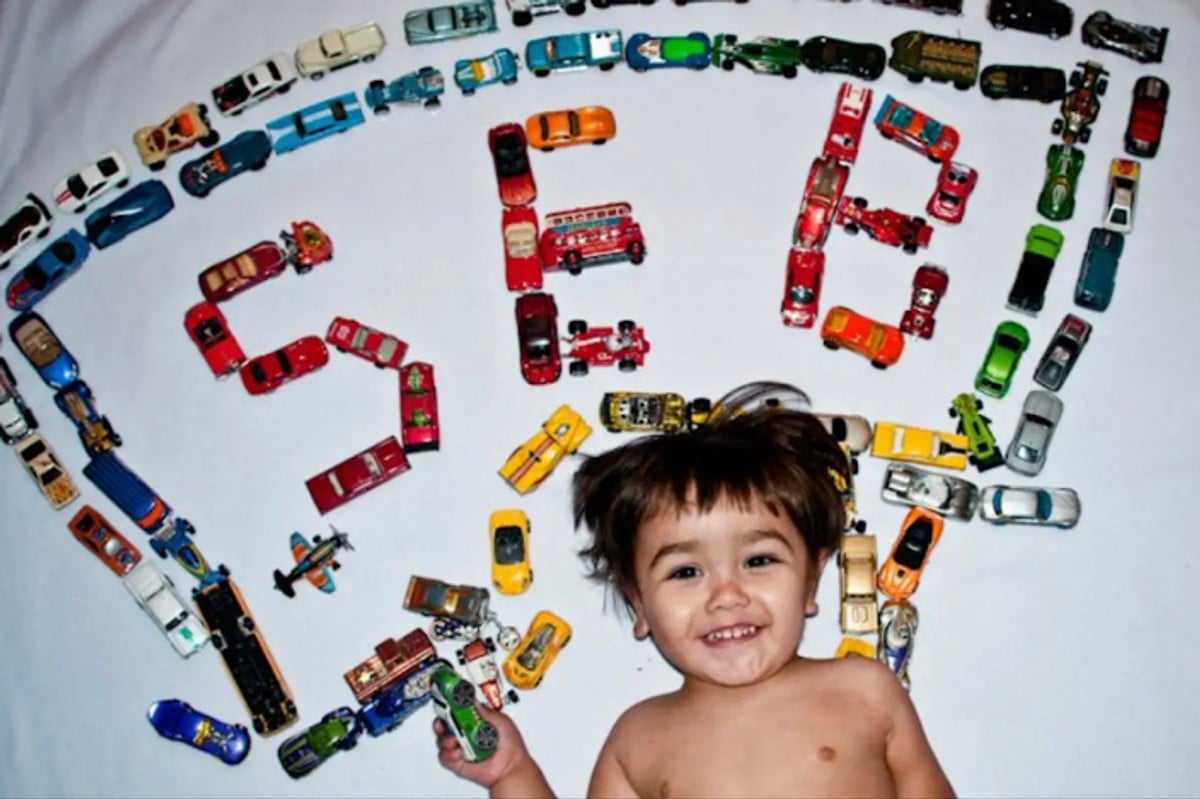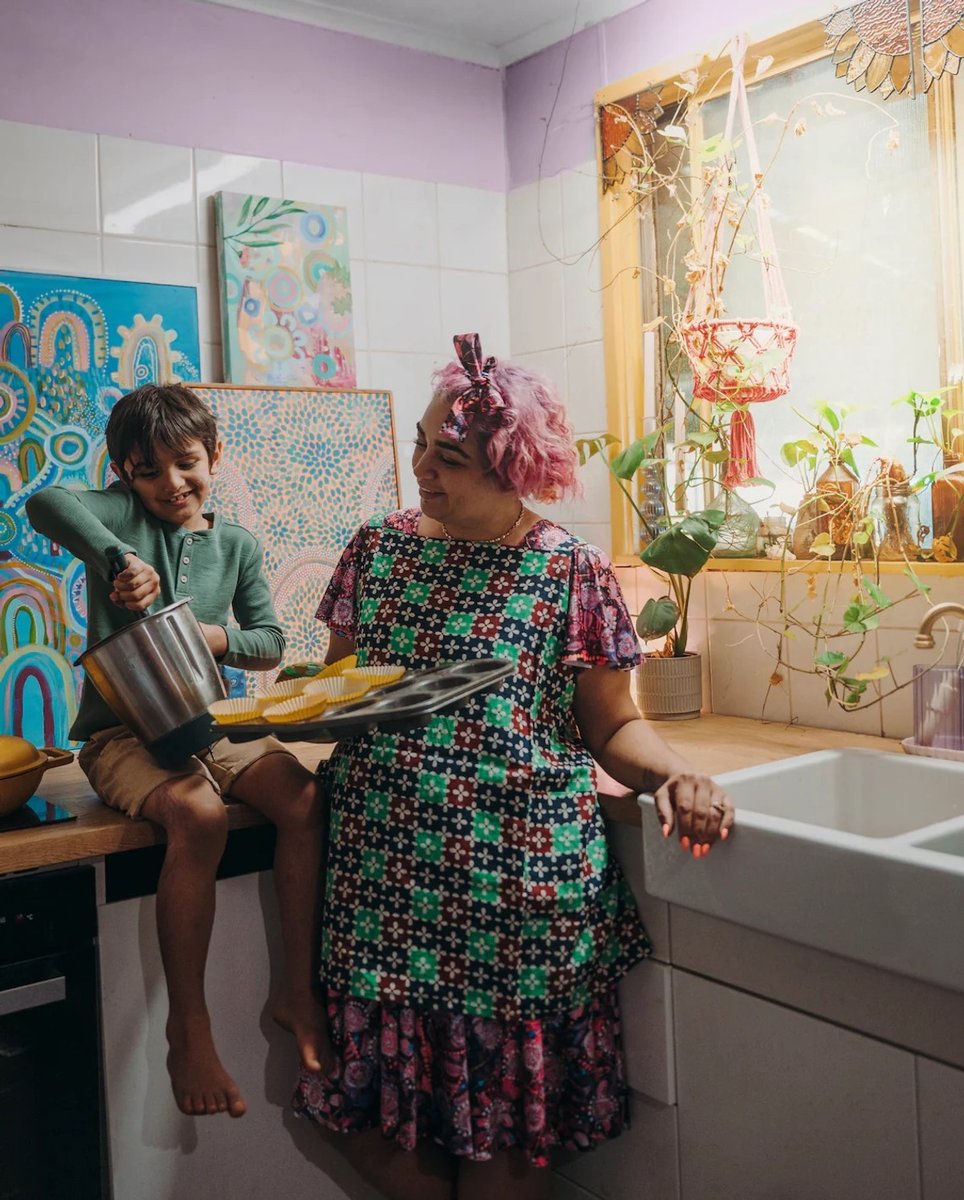
I always knew my kids were different — not in a way that needed fixing, but in the way they experienced the world so deeply, with such focus, intensity, and passion.
The way my son would hyper-focus on his latest obsession, the way unexpected noises could send him into a meltdown, the way they found comfort in routines and patterns. But for a long time, I didn't have the words for it.
It wasn't until I began the journey of seeking a diagnosis for my sons that I started seeing those same traits reflected in myself.
Suddenly, all the things I had once brushed off — my own struggles, my sensitivities, my way of seeing the world — started to make sense in a way they never had before.
Watch: Struggling to stick to your busy mum routines? This Glorious Mess hosts Tegan Natoli and Annaliese Todd discuss if they could delete Instagram off their phone to get time back. Post continues below.
How I realised my sons were neurodivergent.
Each of my sons had their own unique journey to diagnosis, and I learned a lot along the way.
With Sebastian, I didn't even consider autism at first.
He was incredibly intelligent, met all his milestones, and gave eye contact, all things I had mistakenly believed ruled out autism. But looking back, I see the signs were there all along.






























































































